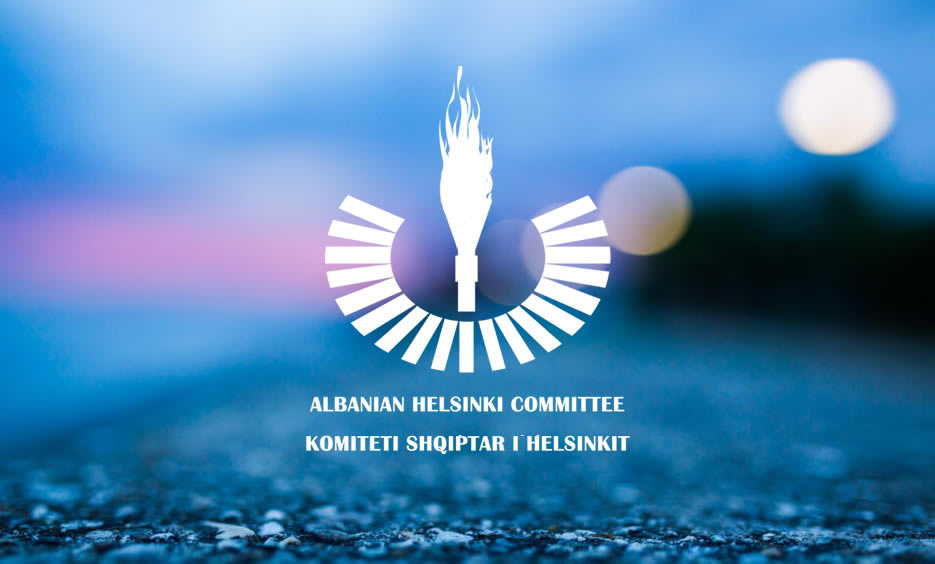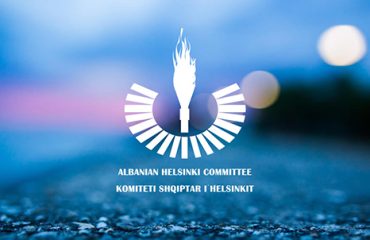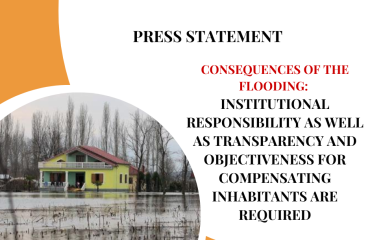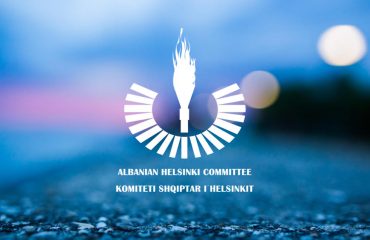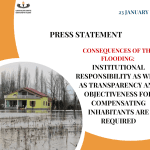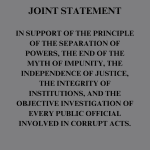Press Statement: On world press freedom day

The United Nations General Assembly has proclaimed May 3 as the World Press Freedom Day for the purpose of increasing awareness about the importance of enjoying and exercising this right and to remind governments of their duty to repsect and protect freedom of expression, guaranteed in the Universal Declaration of Human Rights.
According to Freedom House, global press freedom in 2016 dropped to the lowest point in 13 years, amid unprecedented threats on journalists and media outlets in major democracies and new moves by authoritarian states to control the media. Only 13% of the world population enjoys a free press. The latest 2017 Freedom House report ranks Albania with the same number of points as the previous year (51). Meanwhile, in the global media freedom index, Reporters Without Borders rank Albania in the 76th slot compared to the 82nd spot that it occupied one year before, but classified with the same number of points 29.92, which highlights that no progress was seen in the respect for and promotion of this freedom at the national level.
Based on the situation in the country, the Albanian Helsinki Committee and the Media Council call for more awareness and sensitization on the occasion of press freedom day in our country in order to aim at:
- Creating a safe and healthy environment for the media, whereby conveying information and news for the public is realized with impartiality and professionalism and responds to reality, away from any political or economic influence;
- Minimizing state interference in media affairs to the extent it is permissible by limitations imposed in the European Convention of Human Rights, the Constitution of the Republic of Albania, and the law;
- Guaranteeing and respecting the moral and physical integrity of journalists as well as of their rights of a social-economic character;
- Fully, comprehensively and objectively investigating any case related to harm to the health of journalists for reasons related to the exercise of their duties;
- Further strengthening of investigative media, as a credible tool for denouncing facts about problems related to good governance, social-economic protection of vulnerable groups, corruption, the judiciary and the enjoyment or exercise of every right and freedom sanctioned in legislation in force;
- Increasing media attention to issues of a social nature and more promotion of the rights and equality of vulnerable groups of the society such as persons of different sexual orientation, the Roma and Egyptian communities, etc.
- Avoiding hate speech and inappropriate terminology that does not correspond to ethics, impartiality and the professionalism that should characterize journalism and the figure of a journalist.
Recent OSCE/ODIHR reports on the conduct of electoral processes held in the country have highlighted that the production by political parties of campaign footage for news and televisions, as previously recorded material or as live broadcasts from campaign events gives political parties direct access to news and lowers the strict division between editorial content and political advertising. According to OSCE/ODIHR, this requires a revision of the Electoral Code and the CEC decision of 2013. In a similar fashion, based on the broadcast of previously recorded news stories by public institutions or other non-public subjects through ready videotapes, AHC and the Media Council call upon the media to avoid their use or the copying of news/information in a mechanical manner as that does not allow for the public to be informed in a realistic, objective and professional fashion.
The regional Rule of Law Forum for Southeastern Europe, held in March of this year in Tirana, highlighted that Albania, unlike other countries of the region, has not had authentic jurisprudence on freedom of expression in the European Court of Human Rights. In this regard, greater awareness is needed for the justice system actors. AHC and the Media Council call for more activism by media organizations and civil society organizations that protect the rights and freedoms of journalists, encouraging them to seek the reinstatement of violated rights through judicial ways. This would contribute to the creation of positive practices in domestic and ECtHR jurisprudence anytime the right of a journalist is denied or violated with regard to the exercise of his/her duties in our country.
Lastly, AHC and the Media Council call for greater care and maturity in the language used toward journalists; such language should not convey direct or indirect intimidation to them, which would violate freedom of speech and lower public trust in the free media.



